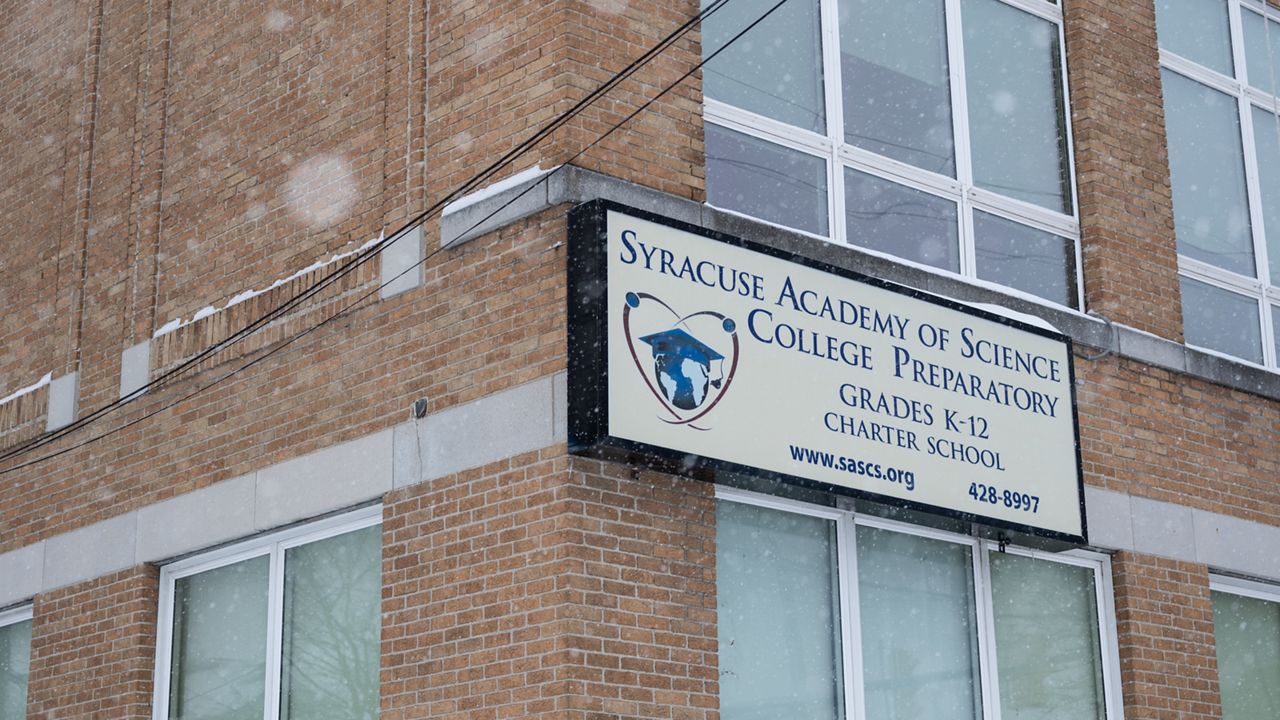
Doors Reopen: Syracuse Academy of Science Resumes Classes After Unexpected Closure
In the wake of a tragic incident involving a staff member's death and a carbon monoxide leak, parents are being encouraged to review the completed investigation and examine the official certifications. School administrators are committed to transparency and providing comprehensive information about the circumstances surrounding this serious event. Families will have the opportunity to carefully inspect the detailed reports and verify the safety measures that have been implemented in response to the incident. The school is dedicated to ensuring full disclosure and addressing any concerns that parents may have about the facility's safety protocols. Officials are offering open communication channels for parents to ask questions, review documentation, and gain a complete understanding of the steps taken to prevent similar incidents in the future. This proactive approach aims to rebuild trust and demonstrate the institution's commitment to student and staff safety.










